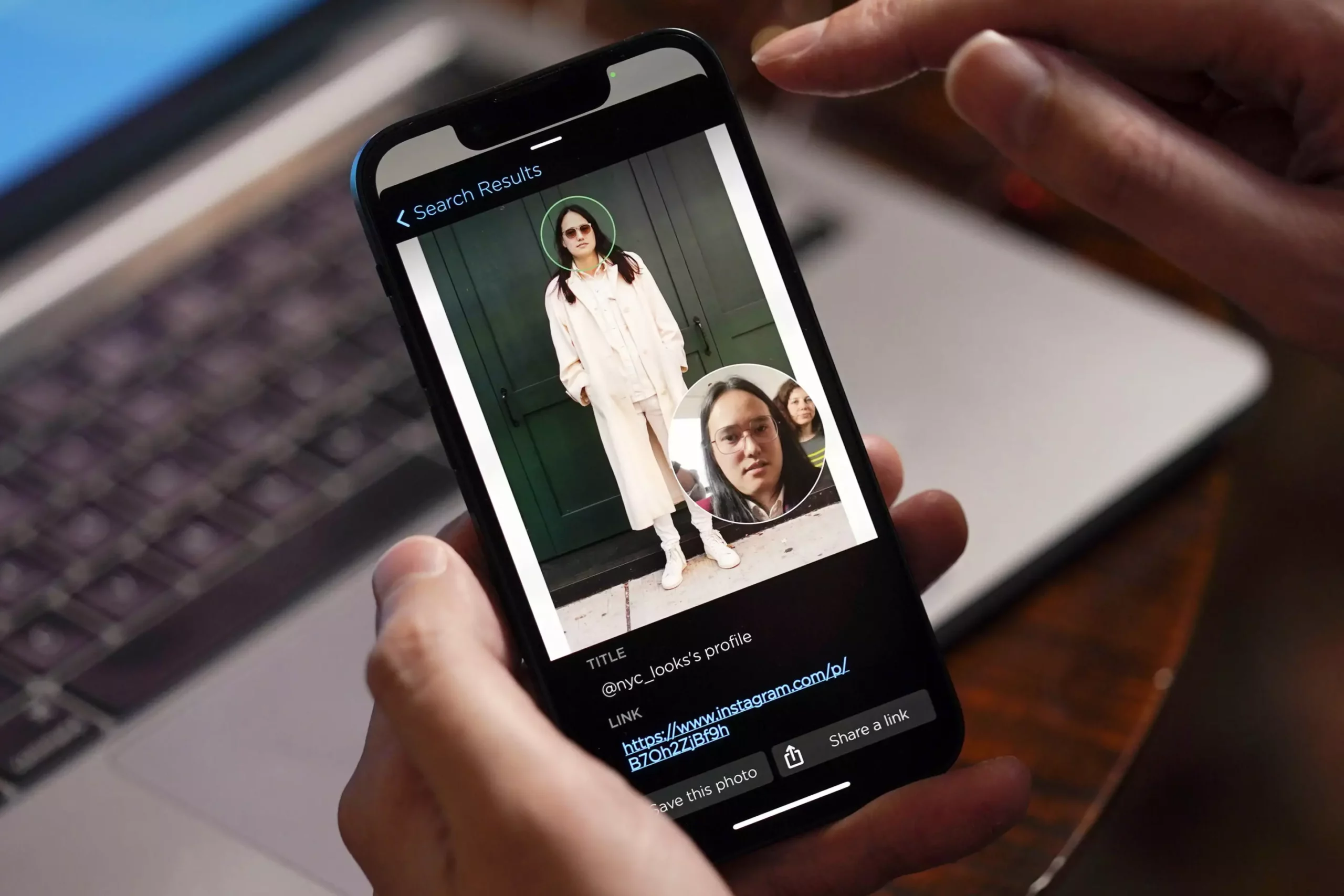Clearview AI, a facial recognition startup, recently settled a lawsuit in Illinois over privacy violations related to its vast collection of facial images. The settlement, which could exceed $50 million, offers plaintiffs in the federal case a stake in the company’s potential value rather than a traditional monetary payout. The agreement, which comes with an estimated $20 million in attorneys’ fees, received preliminary approval from Judge Sharon Johnson Coleman of the Northern District of Illinois.
The lawsuit in question involved multiple complaints from across the U.S. against Clearview AI, which compiled images from social media and other online platforms to create a database sold to various entities. While the company settled a previous Illinois case in 2022, agreeing to cease selling database access to private entities, it still retained the ability to collaborate with federal agencies and law enforcement outside Illinois. Notably, Clearview has not admitted any fault as part of the recent settlement agreement.
The lead attorneys on both sides viewed the settlement as a necessary compromise given Clearview’s financial constraints. Attorney Jon Loevy praised the agreement as a “creative solution” under the circumstances. However, concerns arose around the potential number of individuals eligible for the settlement, with the agreement broadly encompassing anyone in Clearview’s database since July 1, 2017, and residing in the U.S. Efforts to notify potential plaintiffs through a national campaign are underway.
The settlement negotiations involved retired federal judge Wayne Andersen as a mediator, who highlighted Clearview’s financial limitations in court filings. Andersen expressed doubts about the company’s ability to cover a substantial legal judgment had the case proceeded to trial. Despite the agreement’s approval, critics, such as attorney Sejal Zota from Just Futures Law, representing plaintiffs in a separate California lawsuit against Clearview, viewed the settlement as a missed opportunity to address the core issues plaguing the company’s practices. Zota criticized the agreement for essentially legitimizing Clearview without instigating meaningful operational changes.
While the settlement in the Illinois lawsuit signifies a significant milestone for Clearview AI and the affected parties, it also raises questions about the adequacy of the resolution and its broader impact on the company’s future conduct. The compromise reached between the parties may have provided a temporary solution to addressing privacy concerns but failed to receive universal acclaim from those directly affected by Clearview’s data collection practices. As the legal landscape around facial recognition technology continues to evolve, the implications of such settlement agreements could have far-reaching consequences for the industry and the individuals entangled in its web.


Leave a Reply